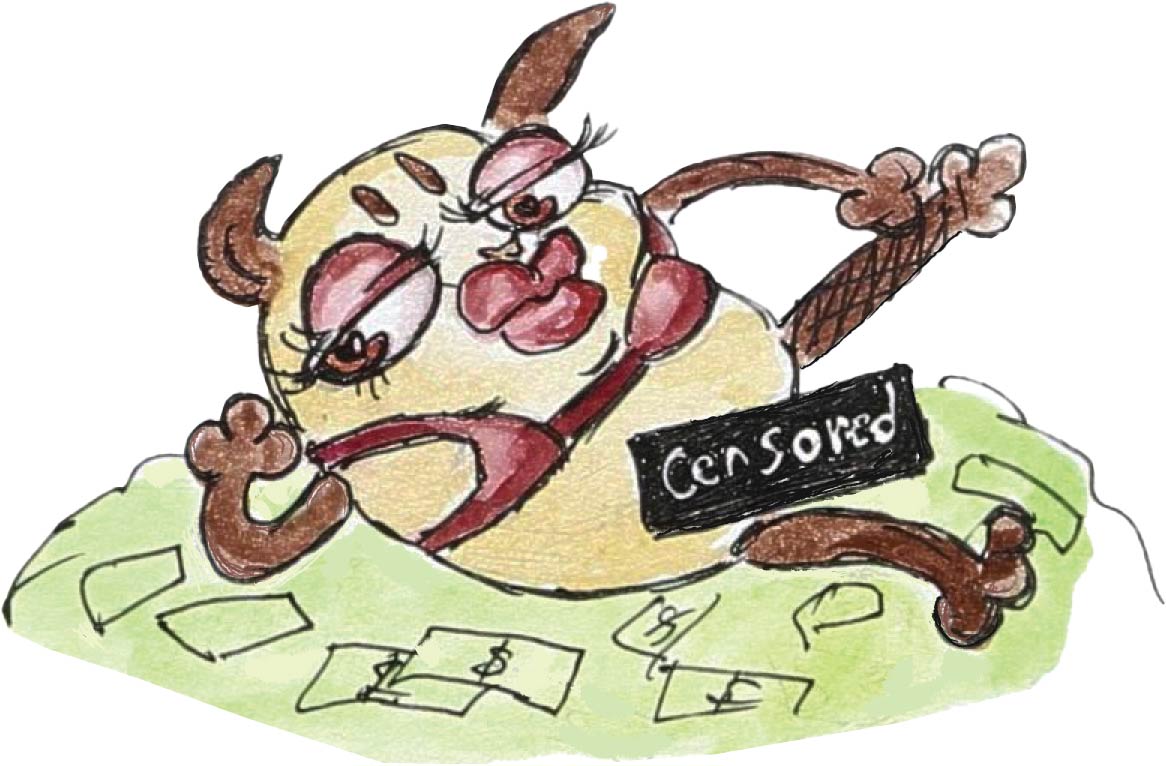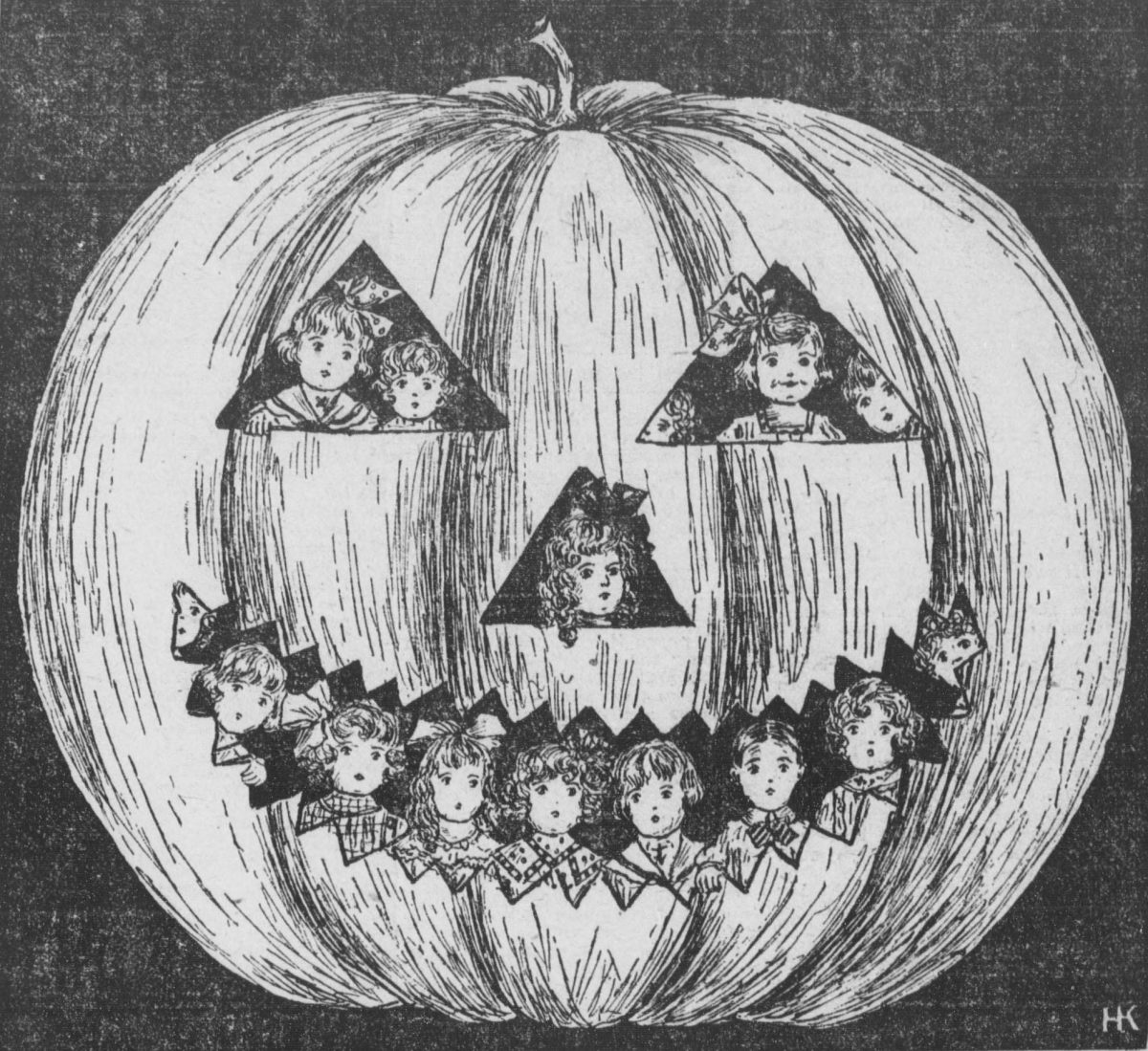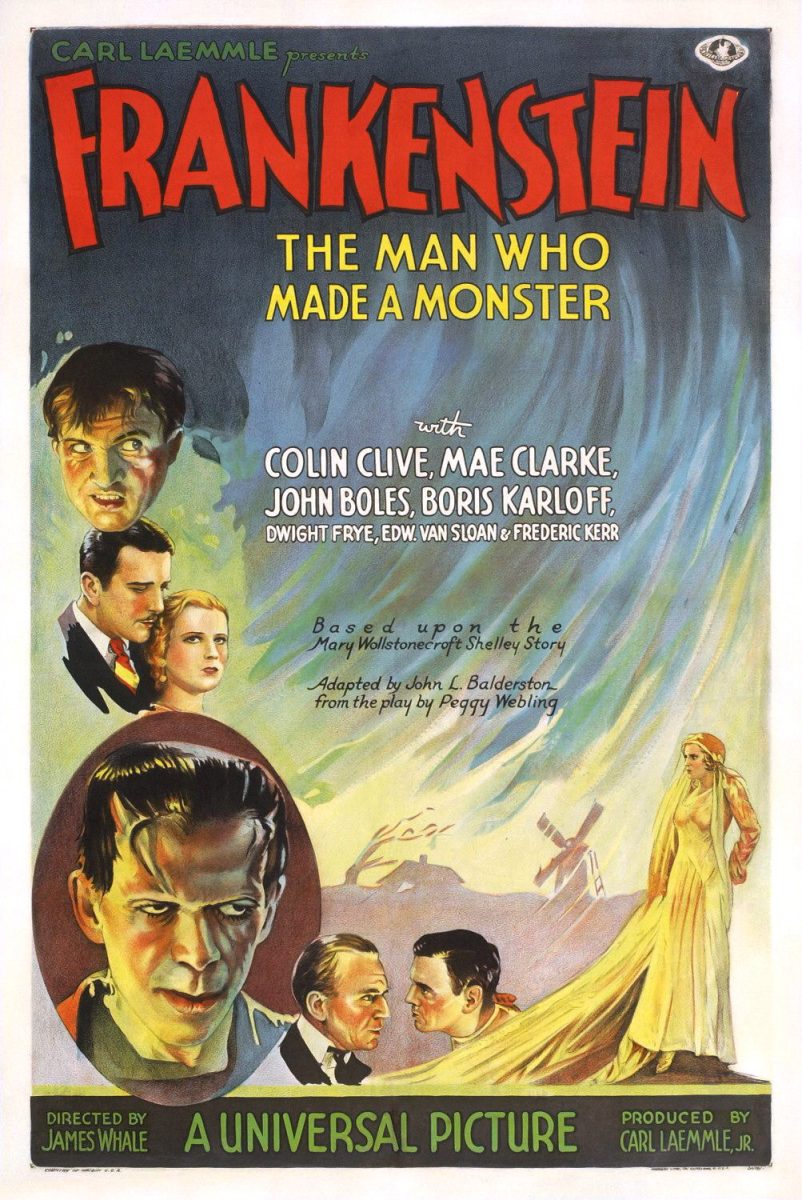By way of modern day standards, the social implications associated with the professional stimulation of human desire remains unbalanced. Though residually risqué, platforms such as OnlyFans (OF) proves not to be a degradation in human nature but instead a transformation of meeting ends.
At the risk of blowing conservative minds, I find it necessary to admit that in the world of profits and margins…sex sells. Any “accountant” will tell you that (accountant is a slang term for a creator on OF). Though clear to even the most oblivious of observers, the audacious perspective that sex, gender and the provocation of the human body is by any means a new phenomenon, is laughable.
Though still provocative and potentially dangerous in terms of contemporary definitions and professional practices, the risks implied with one-on-one sexual interactions gives credit to the comfort and safety of online encounters.
Considering the lack of subsidized wages needed to accommodate elevated inflation rates, OF creators have found an avenue towards financial independence. They’ve also consequently insured liberty from nefarious buyers with illicit intentions.
Weighing the consequences of global vulnerability against potential financial embellishments, creators on platforms selling fantasy for profit do so with an independence not afforded to those made to work the clubs, streets and runways. Being bound to agencies, club owners and pimps force the profits of sex workers, from prostitutes to poster girls, into the hands of those most made to gain.
They receive fractions of the profits for pennies on the dollar. Paid actors, models and musicians get to benefit from the narrow minded notion that indecent exposure for the purpose of something like perfume sales is culturally acceptable. Individual exposure for the purpose of personal gain combats this type of self-righteous belief, resulting in an imbalance of social implications.
By definition, sex work is considered to be sexual services, performances or products exchanged for monetary returns. When placed as a filter on the whole of the advertising industry one struggles to find the difference between Yves Saint Laurent’s 2002 M-7 cologne ad and what is understood of OF content.
The absence of formal representation is evident. If OF creators were pitched to agencies and advertised as performers, content work would be viewed as lucrative gigs and prestige would be socially assigned, but it often isn’t. Furthermore, the implication of indecency allocated to OF creators is not only bigoted, but seems to be more closely related to female creators. Fear of online defamation and social outcasting stalks those brave enough to admit connection to the platform, resulting in what can only be considered as social shame and insecurities.
Perpetuating a revolving door of undue ill-repute and negative assumptions, the public’s consideration of sex work remains trapped between prudish ideology and hypocritical practice. Though widely known to be one of the oldest professions, and proven to be globally indulged upon behind closed doors, collective outcry against sexuality continues to dominate social perspective.
Additionally, Americans must not be too quick to place sexual revolutions into the pages of worldwide fairytales. To place a spotlight on our own not-too-distant past, many of today’s endorsements for slut-shaming practices come from those most likely to have once subscribed to the free-loving ideology of the 60’s.
This not only proves that sex itself requires fluidity of social consideration, but that it also stands as a sign of social evolution. With each new wave of sexual flamboyance comes a tsunami of generational unity.
Whether bound by inclusion or shared delusion, pushing the boundaries of social normaties is what creates change. Without a level of conflict associated with perceived indiscretion, growth remains secondary to public image.
With this idea in mind, harsh scrutiny of OF creators must be closely examined. What’s considered taboo by fading idyllic standards will later be considered a source of inspiration for future social guidelines. Though artistic tact may be required, OF creators may soon be proven as innovators of not only social change but out-of-the-box entrepreneurship.









